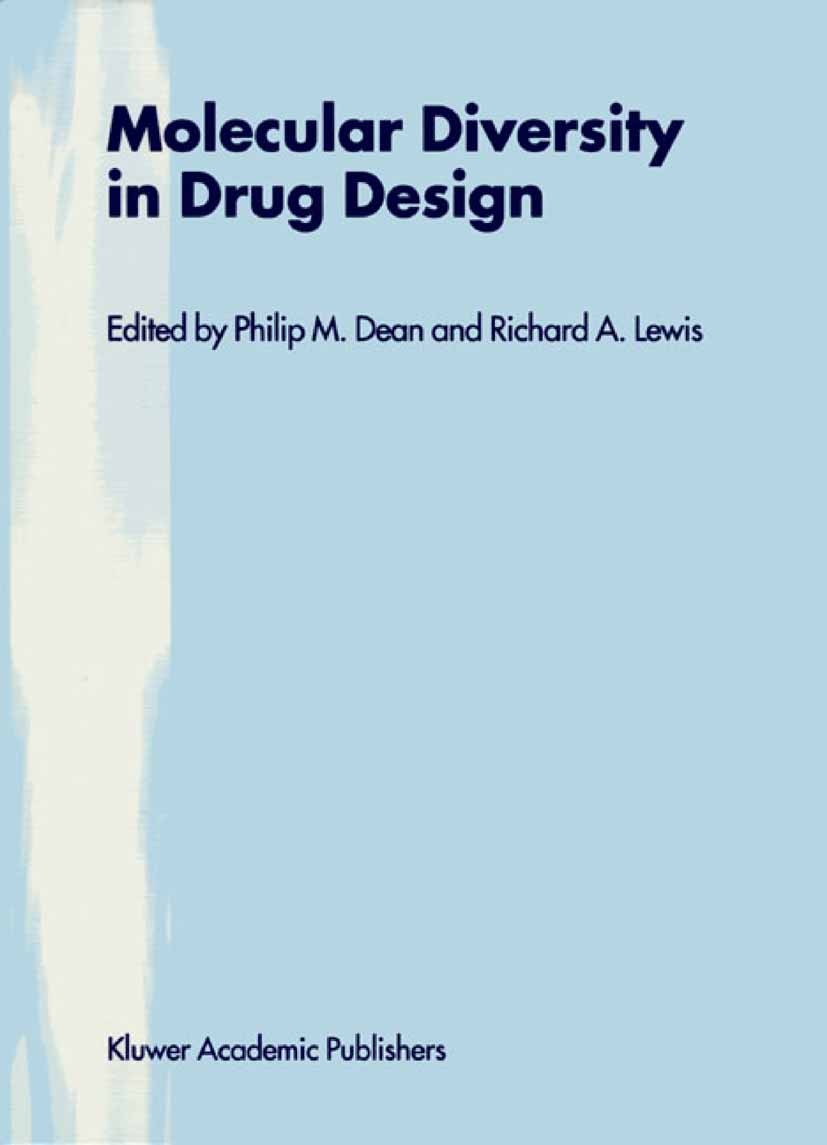| 书目名称 | Molecular Diversity in Drug Design | | 编辑 | Philip M. Dean,Richard A. Lewis | | 视频video | http://file.papertrans.cn/639/638195/638195.mp4 | | 图书封面 |  | | 描述 | High-throughput screening and combinatorial chemistry are two of the most potent weapons ever to have been used in the discovery of new drugs. At a stroke, it seems to be possible to synthesise more molecules in a month than have previously been made in the whole of the distinguished history of organic chemistry, Furthermore, all the molecules can be screened in the same short period. However, like any weapons of immense power, these techniques must be used with care, to achieve maximum impact. The costs of implementing and running high-throughput screening and combinatorial chemistry are high, as large dedicated facilities must be built and staffed. In addition, the sheer number of chemical leads generated may overwhelm the lead optimisation teams in a hail of friendly fire. Mother nature has not entirely surrendered, as the number of building blocks that could be used to build libraries would require more atoms than there are in the universe. In addition, the progress made by the Human Genome Project has uncovered many proteins with different functions but related binding sites, creating issues of selectivity. Advances in the new field of pharmacogenomics will produce more of the | | 出版日期 | Book 2002 | | 关键词 | algorithms; chemistry; databases; drug design; pharmaceutical; pharmaceutical industry; structure; synthesi | | 版次 | 1 | | doi | https://doi.org/10.1007/0-306-46873-5 | | isbn_softcover | 978-94-017-3831-6 | | isbn_ebook | 978-0-306-46873-5 | | copyright | Springer Science+Business Media Dordrecht 2002 |
The information of publication is updating

|
|
 |Archiver|手机版|小黑屋|
派博传思国际
( 京公网安备110108008328)
GMT+8, 2026-1-1 12:20
|Archiver|手机版|小黑屋|
派博传思国际
( 京公网安备110108008328)
GMT+8, 2026-1-1 12:20


